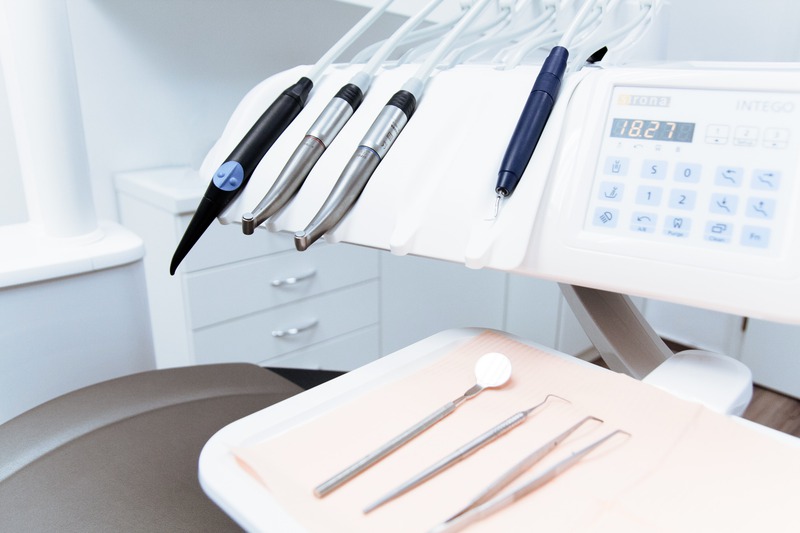Have you ever been unsure if your ailment required a visit to your primary care doctor or an urgent care facility? You’re not alone. Many people get confused about when to go where. So, let’s break it down and clear up the mystery.
What Is Primary Care
Primary care is your first stop for all things health-related. This is where you go for annual check-ups, vaccinations, and routine care. Your primary care physician (PCP) knows your medical history, understands your ongoing conditions, and is your go-to for preventive care.
Continuity of Care
One of the biggest advantages of primary care is continuity. You see the same doctor over time, which means they understand your medical history inside out. This is invaluable for managing chronic conditions like diabetes or hypertension.
Preventive Services
Primary care isn’t just about treating illnesses; it’s also about preventing them. From screenings and wellness visits to lifestyle advice, your PCP plays a critical role in keeping you healthy.
An Overview of Urgent Care
While primary care deals with long-term health, urgent care is more for those immediate, non-life-threatening issues that can’t wait. These clinics are built for speed and efficiency, making them a go-to option for minor injuries and sudden illnesses when your primary care doctor is unavailable.
No Appointments Necessary
One of the best things about urgent care is the convenience. Unlike primary care, you don’t need an appointment. Just walk in, and you’ll generally be seen fairly quickly.
Extended Hours
Urgent care centers usually have extended hours, often staying open late and functioning over the weekends. This makes them a great option for those “I need help now” moments outside of regular office hours.
Key Differences Between Primary and Urgent Care
Understanding the key differences between primary care and urgent care can help you make an informed decision the next time you’re in need of medical attention.
1. Medical Records
Your primary care physician maintains a comprehensive record of your health history, which helps in managing ongoing medical conditions. Urgent care centers, on the other hand, usually don’t have access to your complete medical records unless you bring them yourself.
2. Scope of Services
Both facilities offer a range of services, but there are differences:
-
Primary Care: Focuses on preventive care, chronic disease management, and routine check-ups.
-
Urgent Care: Handles acute, immediate issues like minor fractures, cuts, flu, and infections.
3. Cost and Insurance
The cost can differ significantly. Primary care visits are usually less expensive and often covered by insurance for routine visits. Urgent care can be pricier since you’re paying for the immediacy and convenience of the service.
4. Specialized Care
Primary care physicians can refer you to specialists, whereas urgent care centers are designed to provide quick treatment and often cannot offer referrals for specialized care.
When to Choose Primary Care
It’s good to have a clear idea of when to opt for primary care. Here are some situations where visiting your PCP is the best choice:
-
Routine Check-ups: Annual physicals to keep track of your overall health.
-
Chronic Conditions: Management of ongoing health issues like diabetes or high blood pressure.
-
Preventive Care: Screenings, immunizations, and health advice to keep you in tip-top shape.
When to Choose Urgent Care
Sometimes, you can’t wait for an appointment. That’s where urgent care steps in. Here’s when to consider it:
-
Injuries: Minor fractures, sprains, or cuts that need immediate attention.
-
Acute Illness: Sudden illnesses like the flu or ear infections.
-
After Hours: Medical issues that arise late at night or over the weekend.
Examples of Situations Requiring Urgent Care
Sports Injuries
If you’ve twisted an ankle playing basketball or suffered a minor sprain during a run, it’s likely not a trip-to-the-ER situation but needs immediate attention. For prompt and efficient treatment, residents often turn to urgent care Kingsville TX, where facilities are equipped to handle such injuries quickly.
Minor Infections
Have you got a sudden ear infection or a pesky UTI? These conditions can be incredibly uncomfortable and need immediate relief. Urgent care centers are perfect for these quick, non-life-threatening ailments.
Specialized Services in Urgent Care
Many urgent care centers also offer services that save you a trip to the ER for moderately severe conditions, such as those available at urgent care Corpus Christi:
-
X-rays
-
Stitches for minor cuts
-
Basic lab tests
Local Community Impact
Besides providing immediate care, urgent care centers contribute significantly to the local community by reducing the load on emergency rooms. This urgent care in Padre Island offers vital facilities that ensure that non-emergency cases don’t clog ERs, allowing them to focus on truly critical conditions.
Access to Medication
Both primary care and urgent care facilities can prescribe medication. However, your PCP can manage long-term prescriptions better, adjusting dosages based on your ongoing health status. If you need a quick fix, urgent care can prescribe medication for immediate relief. But you’ll often need to follow up with your PCP for long-term management.
Final Thoughts
Ultimately, the best approach to healthcare is a combination of both primary and urgent care. While your primary care physician should be your go-to for ongoing health management, having an urgent care facility as a backup for those unexpected health hiccups ensures you’re covered no matter what.
Your health is your wealth, and understanding where to go for the right type of care is crucial. Now, the next time a health issue arises, you’ll know exactly whether to dial up your PCP or head over to the nearest urgent care facility.





